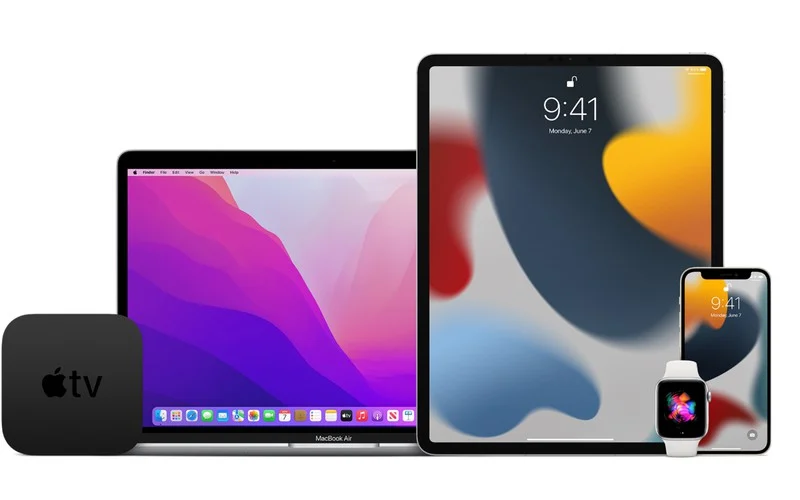It is reported that the delivery of products was delayed until the provision of masks in the store, Apple Once again, it was hit by the COVID-19. Earlier this year, it seemed that Apple had come out of the haze of the COVID-19 and did not continue to be significantly affected** In March, the new iPhone Se and other products were delivered in time, and the company is also preparing to require employees to return to work three times a week. In early April, apple said it would invite hundreds of app store developers to its California headquarters to watch the keynote speech of the opening ceremony of the global Developers Conference (WWDC) in June.

But now, things seem to have changed a lot. As the number of cases increased again, the company was forced to re brake the offline resumption plan last week. Apple had hoped that starting this week, employees would be required to return to work offline on Monday, Tuesday and Thursday. However, the previous policy of returning to work twice a week is still used.
Apple told employees that this change was affected by the rise of novel coronavirus infections in many places in the United States, including Apple's Silicon Valley headquarters. However, this move has caused some employees to wonder: why would offline resumption of work two days a week be better than three days a week to avoid novel coronavirus infection?
Apple itself has realized that this decision is confusing. That's why they informed employees that if they feel "uncomfortable" in the office during the recent peak of new coronavirus cases, they can work remotely after obtaining the approval of the manager.
From this point of view, at least in the next few months, Apple will continue to adjust its offline resumption policy according to the changes of the COVID-19. This inevitably makes employees feel frustrated.
Given the surge in cases and the reasonable complaints of many employees about returning to work offline, apple is likely to resume its formal telecommuting policy. It may start with the new home office exemption.
Apple may not want its huge amount of money invested in the office to be wasted, but if employees cannot adapt to the latest situation because of too strict policies, it may cause brain drain and lead to greater long-term losses.
Because the impact of the new round of epidemic is not only office employees. Some employees at Apple's retail store had been dissatisfied before and began planning to form trade unions. Now, Apple has issued a notice requiring employees in about 100 retail stores in the United States to wear masks again. Although customers in the store have not been forced to wear masks for the time being, considering the unpredictability of novel coronavirus, this provision may be adjusted at any time.
However, the biggest impact on Apple's profits is the supply chain problem caused by the COVID-19. This has obviously affected Apple's delivery capacity. Products such as MAC and iPad are now in rare stock in retail stores. Apple's online store has encountered similar problems.

The specific delivery delays are as follows:
14 inch and 16 inch MacBook Pro: delivery and in store pick-up until early August at the latest.
MacBook Air: up to early June at the latest.
IMac: up to early August at the latest.
Mac Studio: until the end of August at the latest.
Studio display: up to August at the latest.
Pro display XDR: the latest delivery date is early August. It is not available in the store.
Mac Pro: up to June at the latest.
IPad air: by the end of June at the latest.
IPad Pro: up to June at the latest.
Apple previously said that the limited supply chain would reduce sales by up to $8 billion this quarter.
The more noteworthy question is, what impact will the COVID-19 have on Apple's next round of new product launch? The company has been planning to launch new MacBook products during the period of WWDC Mac. However, if you can't even ship a cash Mac, how can you release the new model?